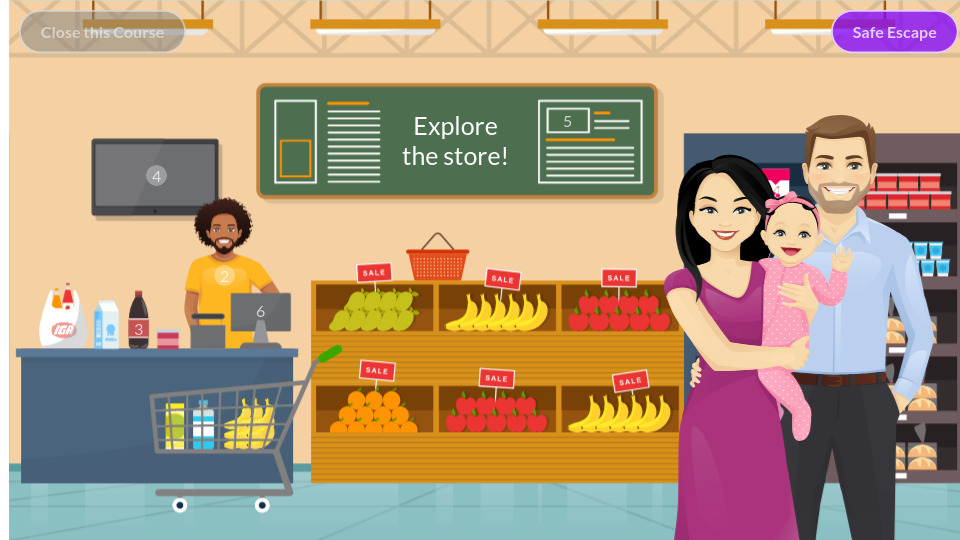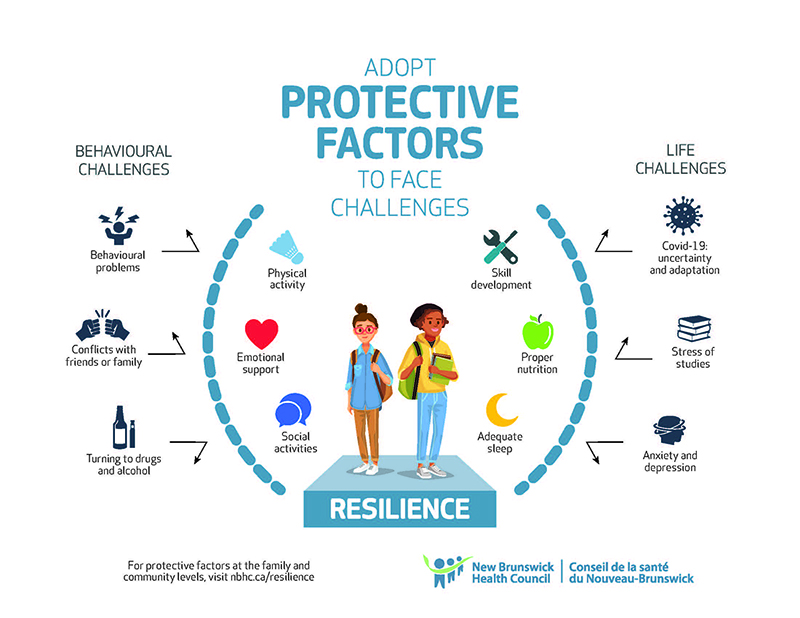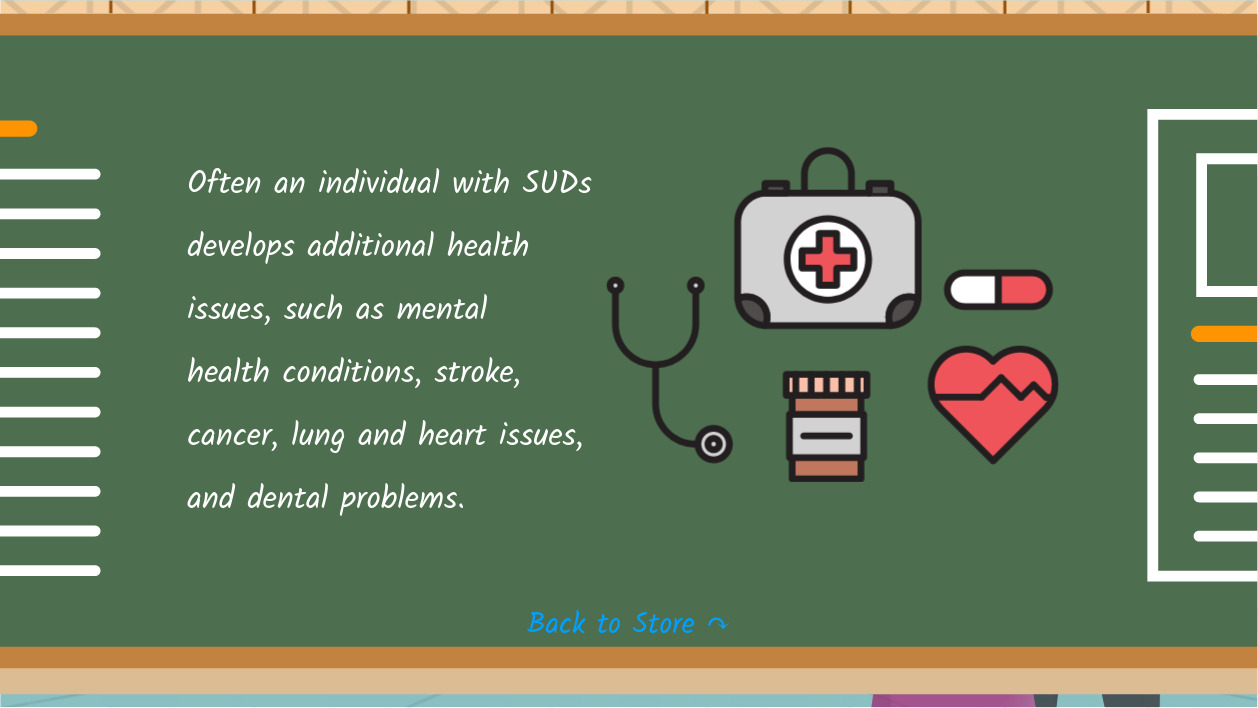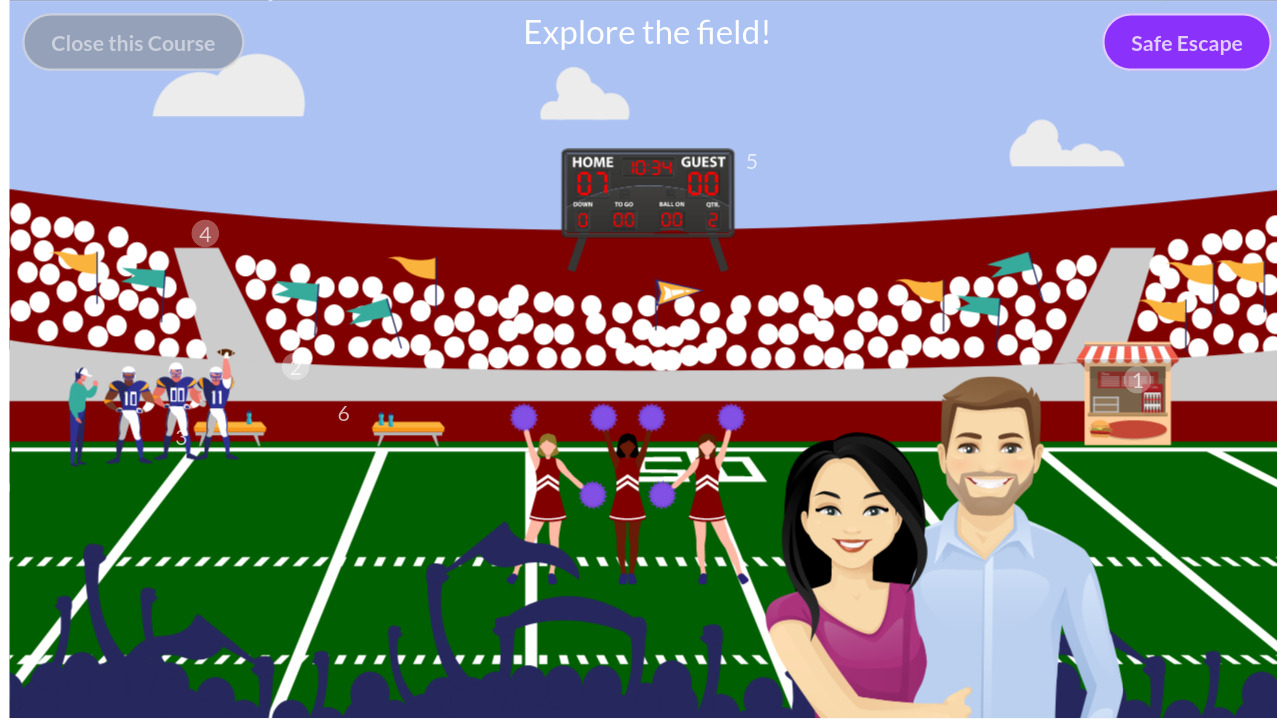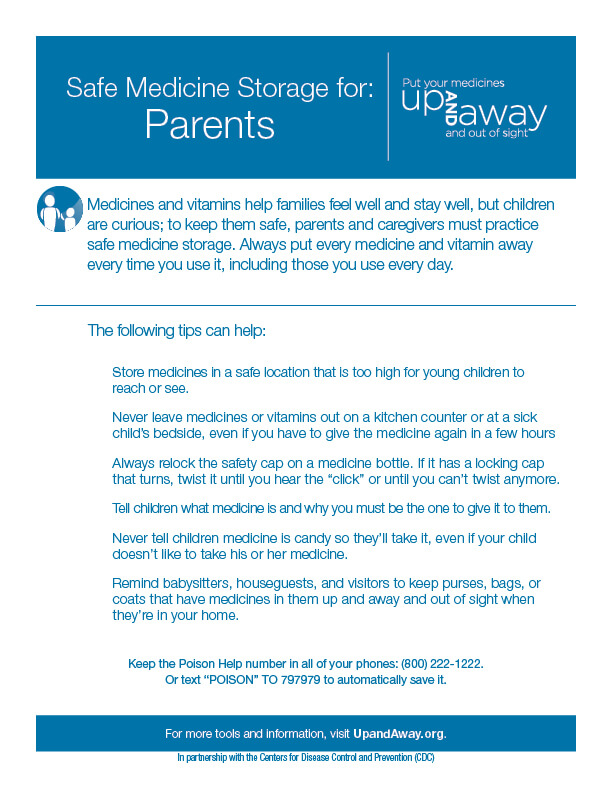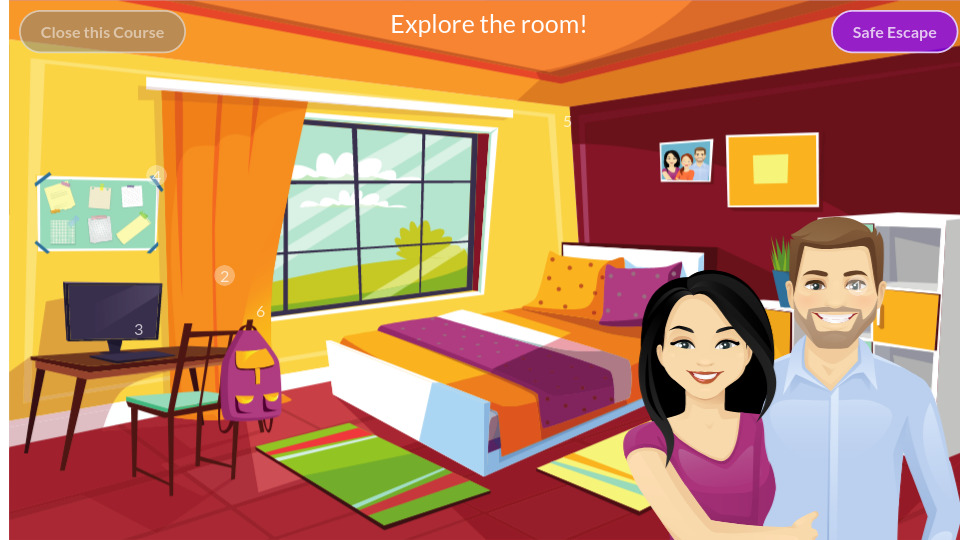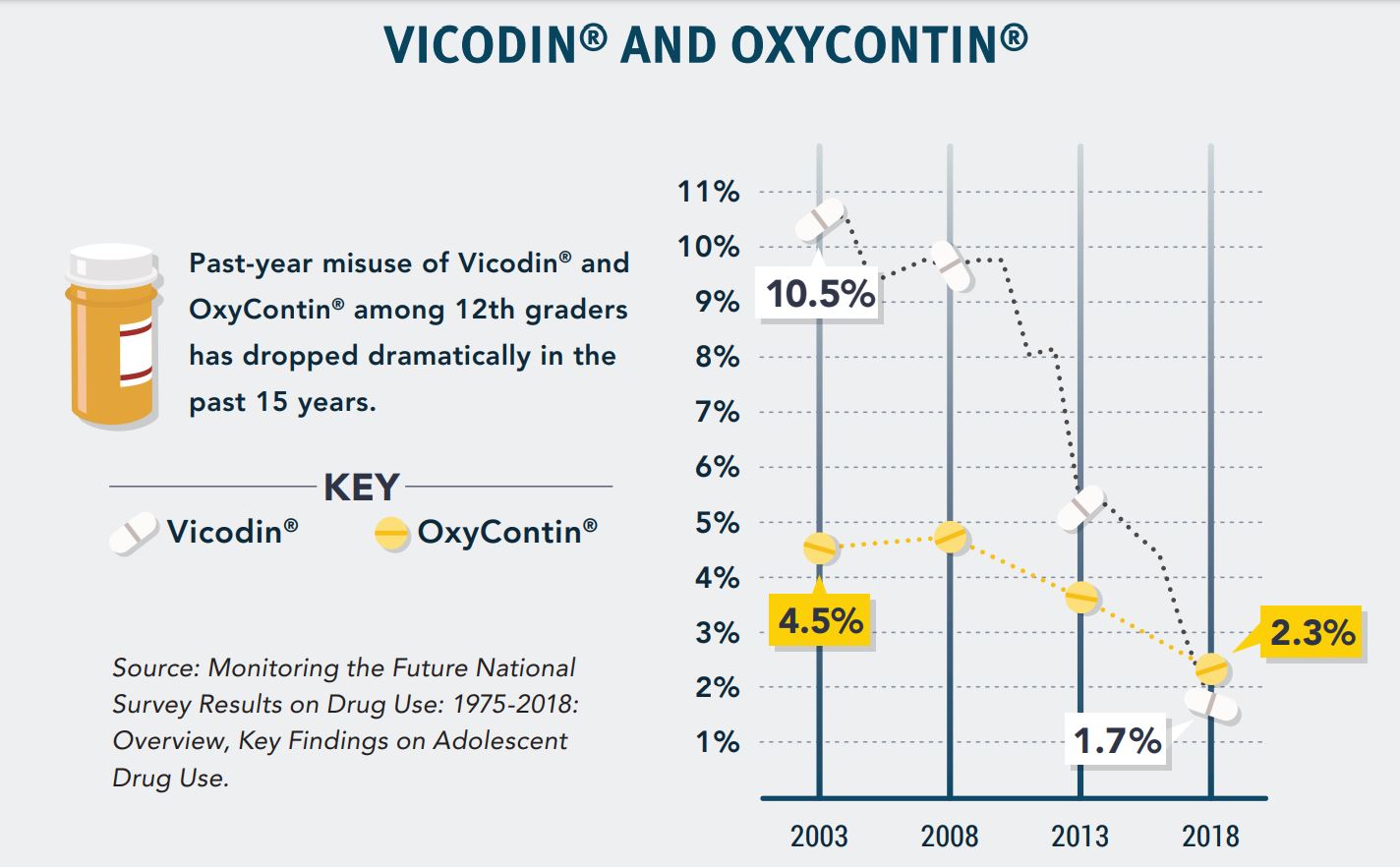Become a
Community Cares Champion!
Parent Module 1 is incomplete.
Parent Module 2 is incomplete.
Parent Module 3 is incomplete.
Track Complete!
Please fill out the form below for your certificate and valuable coupons:
What is the
Community Cares Challenge?
The Community Cares Challenge provides you the opportunity to become a Community Cares Champion!
Champions will complete three guided modules to learn more about preventing substance misuse. Each module takes you through facts, videos, links, and graphics to help you understand what substance misuse means to you and how you can prevent it.
Community Cares Champions are informed, empowered, and dedicated to making their neighborhoods better by reducing risks of substance misuse in themselves and others. Complete all three modules and quizzes to earn your Community Cares Champion certificate. Certificates may be printed with your name and include valuable coupons for White County vendors.
But the biggest reward of all is knowing that you are a knowledgeable champion fighting substance use disorder in your community!
Resources
Am I Addicted?
Get Help Now
Local Resources
Local Services
Learn More
- https://www.operationprevention.com/
- http://www.beopioidaware.org/
- https://www.in.gov/recovery/know-the-facts/
- https://www.samhsa.gov/
- https://www.drugabuse.gov/
- https://www.cdc.gov/drugoverdose/
- https://www.hhs.gov/opioids/
- https://www.in.gov/recovery/index.html
- https://www.shatterproof.org/
- https://www.nsc.org/workplace/safety-topics/drugs-at-work/drugs-at-work-home
- https://iprc.iu.edu/
- https://positivepsychology.com/erikson-stages/

